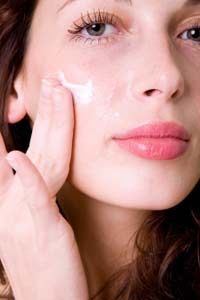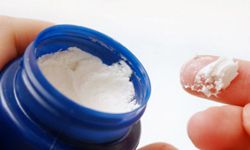Daily life isn't exactly kind to your skin. Sun, wind and environmental pollutants have an impact, no matter what climate you live in. Fifteen minutes in the sun here and there can add up over the course of the day. It seems as though your face and hands take on more than their fair share of hard times.
And you probably tend to treat your skin poorly at times, too. You might pile on makeup, use cleansers to remove that makeup, wash your hands with drying soaps, and pump on the hand sanitizer when someone sneezes at work.
Advertisement
In spite of that, you probably care about your skin's appearance and want to look your best. It helps to know, however, more about the things that contribute to aging skin. Some of the biggest factors in the natural aging process are the sun, the process of shaving and your daily cleansing routine [source: Mayo Clinic]. The sun's rays can damage skin cells. Razor burns, nicks and cuts from dull razors can irritate your skin, and cleansers and soaps remove the natural oils that help moisturize your skin. Washing your face can leave it drier than when you started, and dry skin lacks the moisture needed to keep skin cells hydrated and wrinkle-free.
One of your best defenses may be a quality anti-aging moisturizer that will help your skin build and retain a moisture barrier. And gender doesn't have to play a role in whether or not you use an anti-aging moisturizer. According to magazine polls, about one-third of adult men believe that the use of anti-aging moisturizers is acceptable [source: WebMD].
Once you've taken a good look at your face, hands and even elbows, read on to learn what ingredients to look for in an anti-aging moisturizer.
Advertisement

